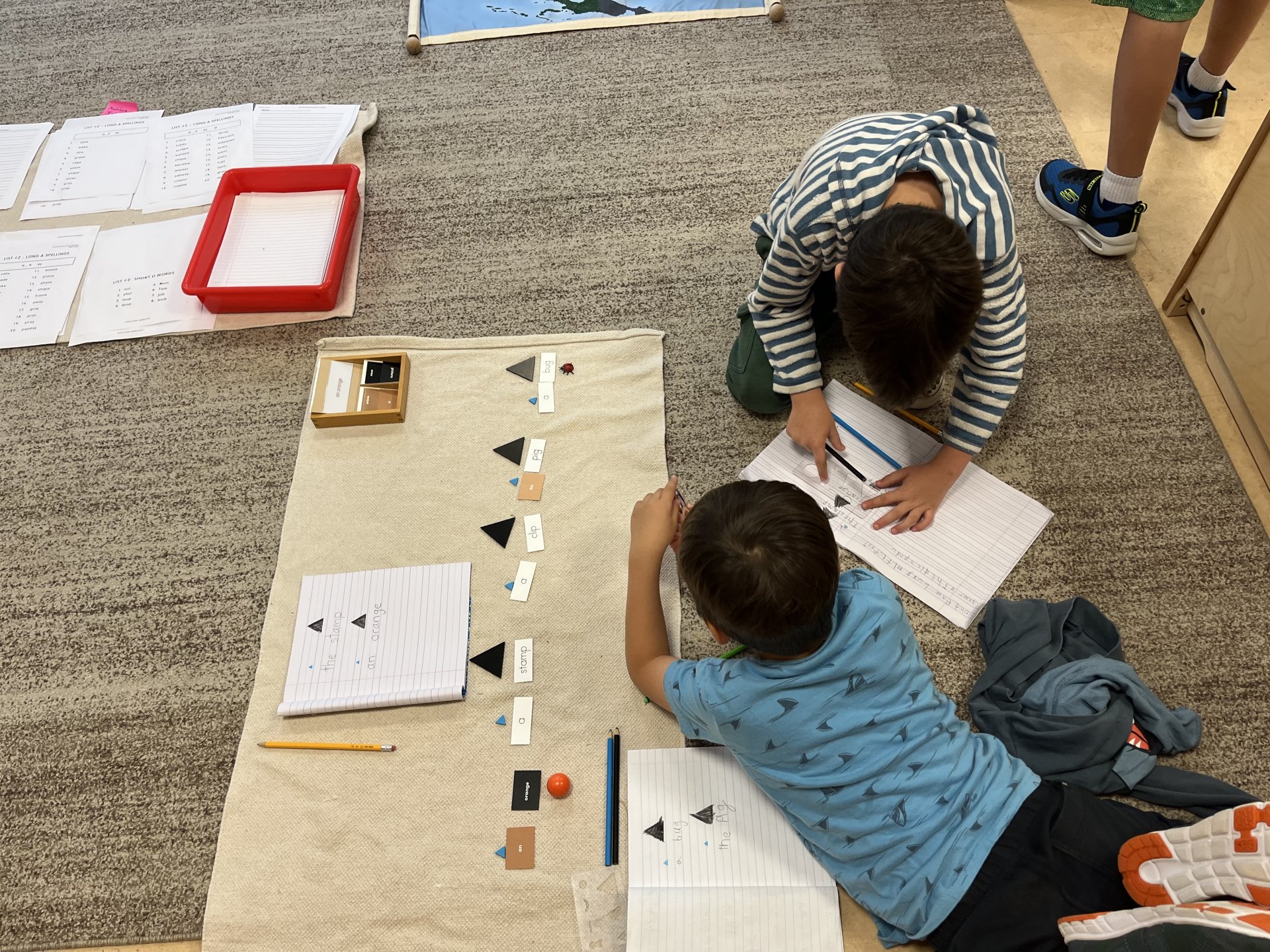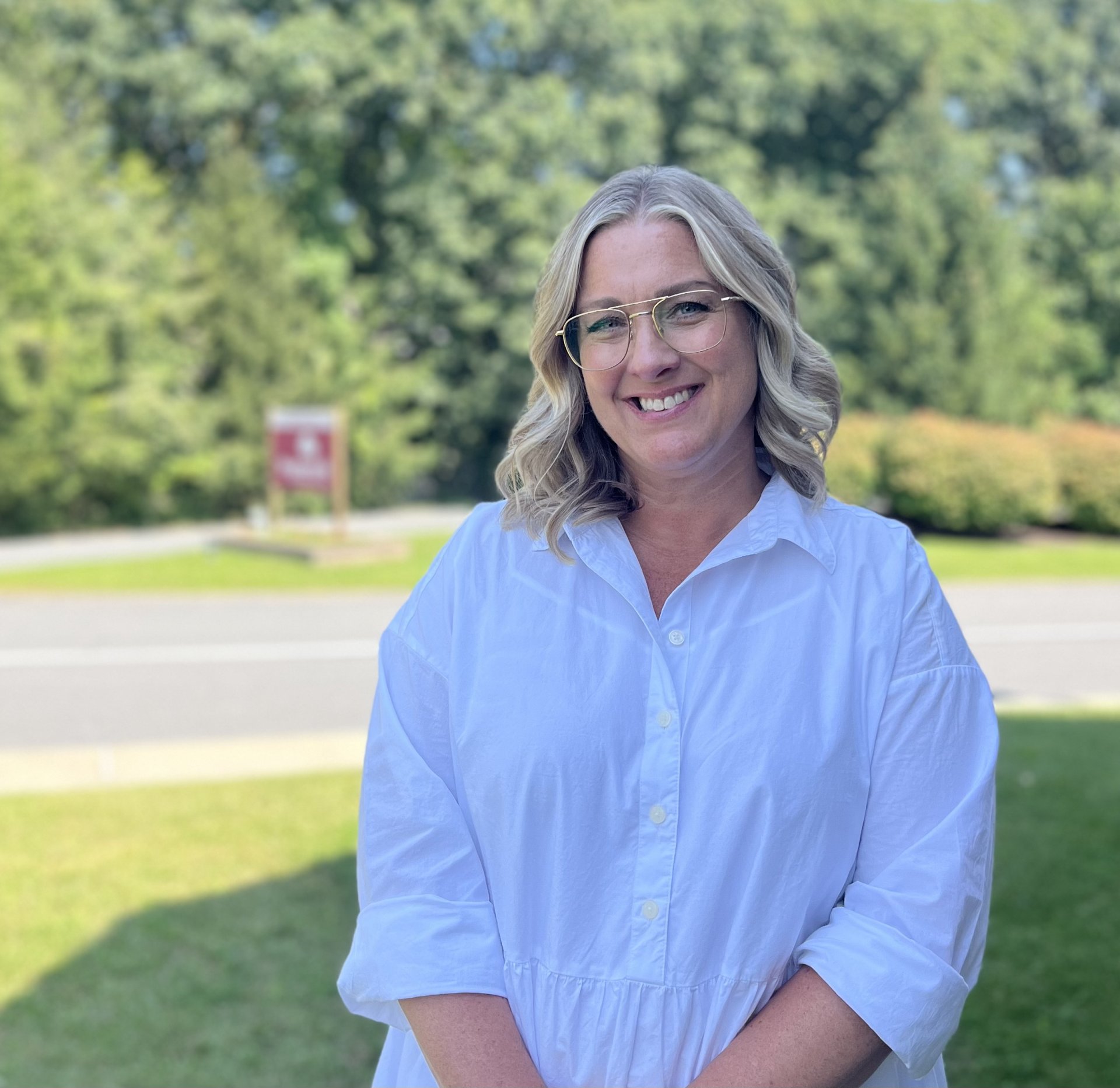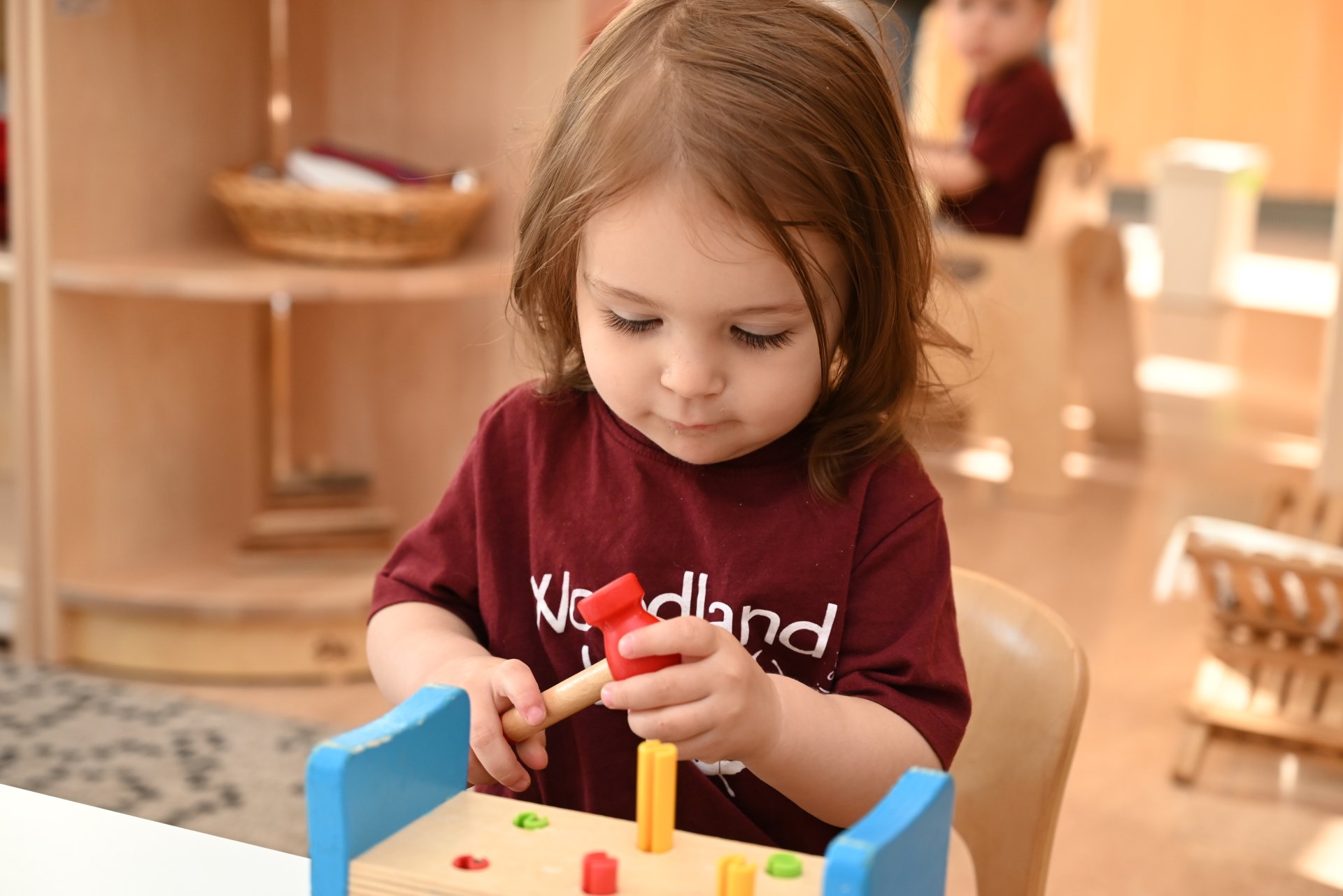Nurturing the Brain and Shaping Future Minds
September 25th, 2024
I became a Montessori educator in 2007 after many years of teaching in traditional educational settings. I was drawn to learn more about Montessori philosophy and practice not because of exposure while obtaining a teaching degree but because of my experience with children who had attended Montessori schools. There was something beautifully different about these children, something subtle but important.

In June of that year, I headed to the College of New Rochelle, leaving my two- and five-year-old children behind to embark on a six-week immersive experience commonly referred to as Montessori training. This changed my life, both as a parent and a professional. I had the gift of studying under Ginny Varga, who, already in her 70s at the time, was the most dynamic and impactful educator I had met. To my surprise, Ginny did not lead with a list of lessons to give or materials to obtain. Instead, we learned about the brain of a developing human. My peers and I came to understand that the art of Montessori practice is much deeper than knowing how; it is essential to know why. Understanding how experiences in the environment impact neurological development is at the foundation of the Montessori Method.
In the years to follow, I have been immersed in Montessori schools, surrounded by children and teens in the process of self-creation. I have observed the measurable outcomes: substantial academic achievement, a love of learning and an intrinsic thirst for knowledge, persistence and resilience, and an aptitude for compassionate leadership, to name a few. Thanks to new and ongoing research, we can now complement the observable behavioral data with scientific data showing the effects of Montessori education on underlying brain network development. I invite you to learn more by reading this article recently published in the npj Science of Learning Journal: Differences in spatiotemporal brain network dynamics of Montessori and traditionally schooled students.
The research provides further evidence of the impact of Montessori education. It goes beyond the individual with far-reaching potential to affect societal change.
“We face numerous challenges that require innovative mindsets to address them effectively. How can we adopt new perspectives? As Einstein wisely stated, “We cannot solve our problems with the same thinking we used when we created them.” Shaping new mindsets is essential, and education offers a promising means to achieve this. Early life experiences significantly influence our thinking and adaptability later in life, largely due to experience-dependent neural plasticity. Consequently, pedagogy holds the potential to facilitate lasting societal changes. While many studies have examined the impact of pedagogy on behavioral outcomes, there has been comparatively less focus on its effects on underlying brain dynamics.” 1
It is with much hope and conviction that I continue my journey as a Montessorian alongside the dedicated professionals at Woodland Hill. I am grateful for the families who have entrusted us with the care and keeping of their children, and I am confident in their potential to lead us to a better tomorrow.
- Zanchi, P., Mullier, E., Fornari, E., Ledoux, J., Beaty, R., Hagmann, P., & Denervaud, S. (2024). Differences in spatiotemporal brain network dynamics of Montessori and traditionally schooled students. Npj Science of Learning, 9(1), 1-10. https://doi.org/10.1038/s41539-024-00254-6

Michelle Edwards
| Head of School |
Michelle Edwards became the Head of School at WHMS in 2020, following her role as Assistant Head of School since 2017. She has also served as Director of Curriculum and Faculty Development and Head Toddler Teacher. Before joining Woodland Hill, Michelle was a Head Toddler Teacher at Our World Montessori for five years. With a background in elementary education, she has also worked as a teacher trainer and mentor, holding various positions in Montessori education. Michelle has a bachelor's degree in elementary education and a master’s in Educational Administration, along with AMS Infant and Toddler certification.




